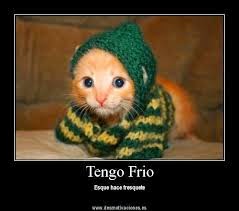- Here are some questions about your daily life. Do you know how to answer them?
- Dónde haces la tarea?
- Dónde desayunas?
- Dónde almuerzas?
- Dónde te gusta nadar?
- Dónde vives?
- Dónde te gusta mirar televisión?
- Dónde estudias?
- Dónde guardas tu teléfono?
- A qué hora haces la tarea?
- A qué hora te acuestas?
- A qué hora llegas a la escuela?
- A qué hora cenas?
- A qué hora desayunas
- A qué hora almuerzas?
- Qué te gusta hacer con tu perro?
- Qué musica escuchas en el carro?
- Qué juegas después de la escuela?
- Qué haces después de la escuela
- Qué haces cuando llegas a casa
- Qué haces cuando llegas a la escuela?
- Cuándo duermes en la casa de tus amigas?
- Cuando visitas a tus abuelos?
- Cuándo haces la tarea en el baño?
- Cuándo juegas videojuegos?
- Cuándo escuchas música?
- Cuándo vas a la iglesia?
- Cuándo vas de compras?
- Quién prepara el desayuno en tu casa?
- Quién guarda el carro en el garaje?
- Quién saca la basura en tu casa?
- Quién lava la ropa en tu casa?
- Cómo es tu casa?
- Cómo estás?
- Cómo se llama tu mama?
- Cómo se llama tu perro?
- Cuántos años tienes?
- Cuántos hermanos tienes?
- Haces la cama?
- Vas a la iglesia los domingos?
- Vas a las tiendas en el fin de semana?
- Tienes un televisor en tu habitación?
- Te pones maquillaje?
- Vas de compras en el fin de semana?
- Con quién juegas videojuegos
- Con quién te gusta escuchar música?
- Te bañas o te duchas?
- Lavas tu ropa?
- Cuántos hermanos tienes
- Qué haces a veces?
- Qué haces siempre?
- Qué te gusta hacer en el fin de semana?
- Qué le gusta hacer a tu mamá?
- Qué pones en la mochila?








